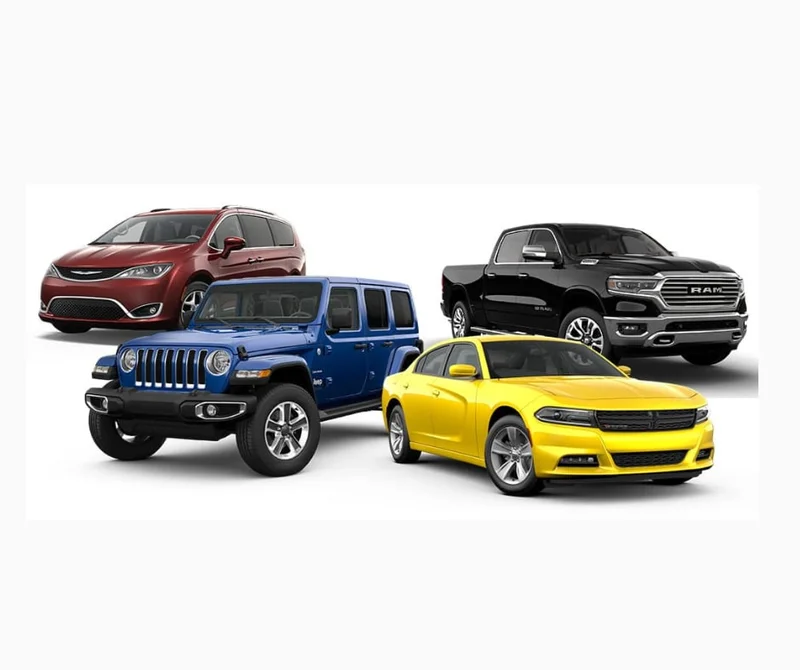Binance Pulse | BNB Price Trends
Binance Pulse | BNB Price Trends
Okay, let's unpack this Exro Technologies situation. A company once touted as a potential "supplier of the year" for Stellantis (owners of Chrysler, Dodge, and Jeep, for those not keeping score) is now filing for Chapter 7 bankruptcy after ceasing US operations. The headline screams "failure," but the real story is buried in the financials.
Exro, a Canadian company, specialized in coil driver tech for EVs. Stellantis apparently believed in them enough to publicly praise their contributions to "enhanced vehicle designs, cut costs for drivers, and improve performance." Teresa Thiele, Stellantis’ senior vice president of global purchasing programs, even went on record. That's a pretty strong endorsement.
But let’s look at the numbers. Despite the Stellantis connection, Exro reported a net loss of $78.9 million earlier this year. Revenue? A paltry $2.9 million, according to Sustainable Biz Canada. That's a revenue-to-loss ratio that would make even the most optimistic VC investor sweat. And this is the part of the report that I find genuinely puzzling. How can a company with such glowing endorsements from a major automaker be generating so little actual income?
The layoffs in September (60 workers) and the CEO's resignation (Sue Ozdemir, who’d been there since 2019) were clear signs of distress. A $30 million funding commitment proved to be too little, too late. They still ended their US business. As reported by The Sun, Chrysler, Dodge, Jeep partner abruptly ceases US operations & files for bankruptcy.
Exro's choice of Chapter 7 bankruptcy, a liquidation, speaks volumes. Chapter 11 allows for restructuring; Chapter 7 is the end of the line. It suggests that Exro's problems weren't just temporary setbacks; they were fundamental flaws in their business model.
Stellantis's public support for Exro now looks, in hindsight, like a potential case of over-hyping a promising but ultimately unproven technology. Was Stellantis genuinely impressed, or were they simply trying to create buzz around their EV initiatives? The answer, I suspect, is somewhere in the middle. Automakers are notorious for making big promises about future tech, and sometimes those promises don't pan out.

The question is: What kind of due diligence did Stellantis conduct on Exro? Did they see the same red flags that are now so glaringly obvious in the rearview mirror? Or were they blinded by the potential upside of a breakthrough technology? Details on this decision-making process remain scarce, but the outcome is a cautionary tale for any automaker partnering with a smaller tech company.
Consider Carvana's recent moves into the CDJR (Chrysler, Dodge, Jeep, Ram) dealership space. They bought two franchises, one in Arizona and another in Texas. Carvana claims it's just "a small test," but could it be a strategic shift towards a more traditional brick-and-mortar model to hedge against regulatory challenges to their online-only approach? It's a curious move, especially given CarMax's exit from new-vehicle franchises. It raises the question: Is Carvana seeing something that CarMax missed, or are they simply trying to diversify their revenue streams in a turbulent market? As noted by The Drive, Carvana Is Slowly Becoming a Chrysler-Dodge-Jeep-Ram Chain for Some Reason.
Lindsay Dodge Chrysler Jeep Ram, a dealership in Virginia, has found success by focusing on used car sales and a "one-team" philosophy. General Manager Nino Sita emphasizes transparency and a localized approach to sales. He even incentivizes salespeople to acquire used cars. Sita also says, “if you want to buy a supercharged Hemi, I'm the guy to come to.” This approach seems to be working for them, but it's a far cry from the high-tech promises of companies like Exro. It's a reminder that in the automotive industry, sometimes the old-fashioned methods are still the most reliable.
Exro's implosion is a canary in the coal mine for the EV sector. It highlights the risks of investing in unproven technologies and the importance of rigorous due diligence. The EV market is still in its early stages, and there will inevitably be winners and losers. Exro, unfortunately, appears to be in the latter category.
The core issue here isn't just Exro's failure; it's the potential for similar situations to unfold as the EV market matures. Investors need to be wary of companies that promise revolutionary technologies but lack a solid financial foundation. A flashy presentation and a partnership with a major automaker aren't enough to guarantee success.
The Exro situation serves as a cold, hard reminder: The EV revolution is happening, but it's not a guaranteed path to riches. The road is paved with bankruptcies, failed promises, and a whole lot of hype that doesn't always translate into real-world results.